The Smart Pet Era: How AI Is Helping Us Understand Our Pets Better
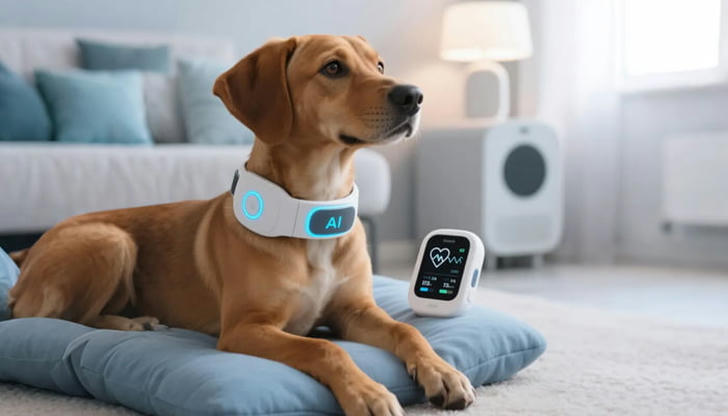
A few years ago, tracking your pet's health meant watching for limps, sniffles, or half-eaten meals.
Now? Your phone can tell you your dog didn't sleep well last night --- or that your cat's stress levels spiked during yesterday's thunderstorm.
Welcome to the Smart Pet Era --- a time when artificial intelligence isn't just helping us care for our pets_trends, but helping us understand them on a deeper level.
And for pet parents everywhere, that understanding is worth everything.
Listening Beyond Words
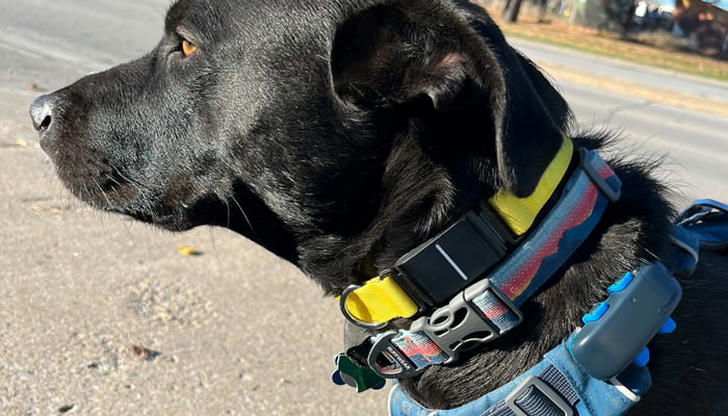
Most of us have wished our pets_trends could talk. When they pace by the door, refuse dinner, or sleep all day, we're left guessing: Is it stress? Pain? Just a mood?
AI-powered collars and activity trackers are changing that. Devices like Whistle or FitBark monitor your dog's heart rate, sleep, and movement --- spotting subtle shifts you might not notice.
If your pup starts resting more than usual, you'll get an alert suggesting something could be off, long before symptoms are visible.
Veterinarians say this kind of data can make a real difference. Early detection of arthritis, anxiety, or even heart issues can add years --- and comfort --- to a pet's life.
It's not about replacing instinct. It's about giving your intuition a little backup.
When Technology Becomes Empathy
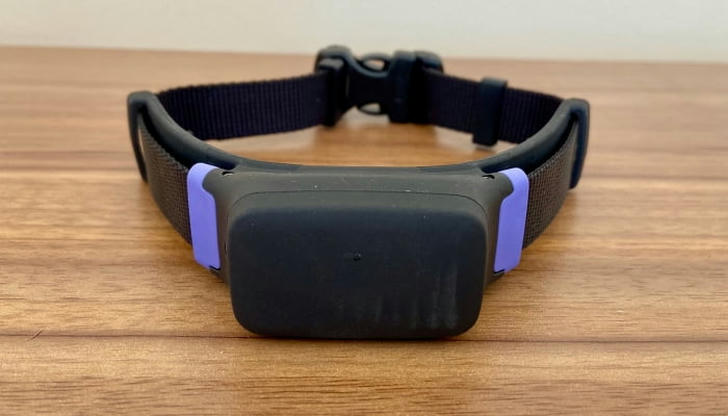
What's truly remarkable isn't just the tracking --- it's how personal the technology has become.
Smart cameras like Furbo 360 now recognize your dog's face and learn their habits. If they start barking from loneliness, the device can toss a treat or play calming sounds automatically.
Apps like Dogo use your pet's responses --- tail position, timing, focus --- to adapt training sessions, rewarding good behavior in real time.
And while it sounds futuristic, the result feels surprisingly human. You're not just monitoring your dog --- you're communicating with them. Each wag, nap, or bark starts to tell a story.
As one user shared after testing her AI collar:
"I used to think my rescue dog was just restless. Turns out, she was anxious at specific times each day --- right before I left for work. Now I leave music on for her, and the pacing stopped completely."
That's what smart pet tech really gives us: connection through awareness.
Yes, Cats Are Getting Smarter Too
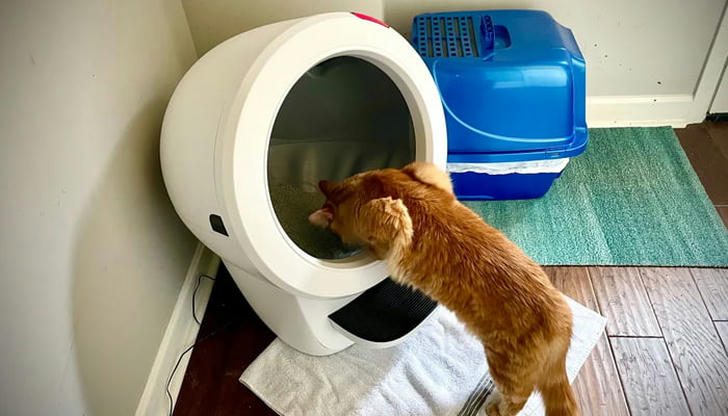
Dogs might be the early adopters, but cats are catching up fast.
AI-equipped litter boxes like Litter-Robot 4 now track frequency and waste patterns to spot early signs of dehydration or kidney disease --- conditions cats often hide until it's too late.
Meanwhile, smart feeders measure portion control and detect which cat is eating, perfect for multi-cat homes where "food theft" is a daily crime.
And yes, there's even an AI app called MeowTalk that decodes feline vocalizations --- translating meows into categories like "I'm hungry", "I'm scared", or "I'm happy."
It's not perfect, but it's a fun (and sometimes eye-opening) way to pay closer attention to how your cat expresses herself.
The New Way to Care --- With Heart and Data
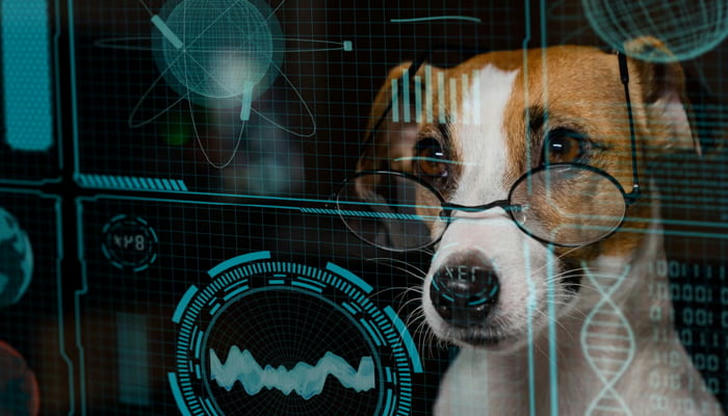
Critics sometimes say technology makes pet care too clinical. But for most pet parents, it's not about numbers --- it's about noticing feelings.
AI gives us the ability to respond with more kindness and precision.
If you see your dog's stress levels spike when you vacuum, you can move their bed to a quieter spot. If your cat isn't sleeping well, you might discover your new schedule has thrown off her feeding rhythm.
These are small changes --- but for your pet, they mean safety, predictability, and trust.
As Dr. Hannah Kim, a veterinary behavior specialist, explains:
"AI helps us see patterns that love alone can't reveal. It bridges the emotional and the practical sides of pet care --- and that's where real wellness begins."
What's Next: The Digital Vet Partner
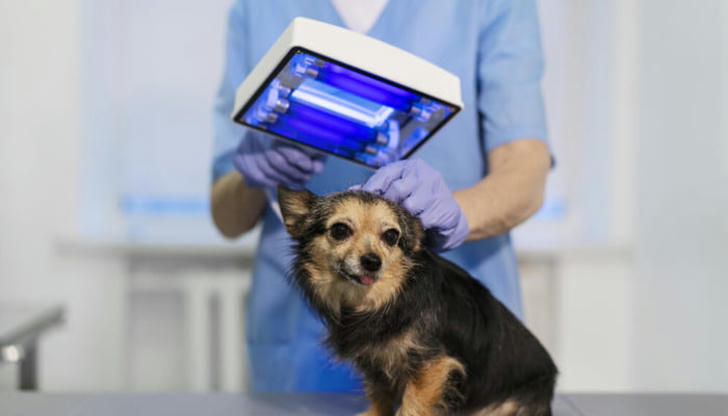
The next big step? Integrating this data directly with veterinarians.
Some clinics already accept health logs from smart collars or feeders, allowing vets to review weeks of activity before your appointment. Soon, your pet might have a digital health record that updates automatically --- giving professionals a fuller, real-time picture of their well-being.
It means faster diagnosis, more personalized nutrition plans, and early alerts for everything from allergies to anxiety.
It's not about replacing your vet --- it's about helping them help your pet better.
Keeping It Simple (and Real)

Of course, not every gadget is necessary --- and no amount of AI replaces your pet's favorite thing: you.
No device can take the place of a belly rub, a walk, or the way your voice softens when you say their name.
Technology should simplify care, not make it feel like another app to check.
Use it as a tool --- a quiet helper that supports the moments of genuine connection.
Because at the end of the day, all the data in the world means nothing if we don't take the time to simply be there.
A Smarter, Kinder Kind of Pet Parenting
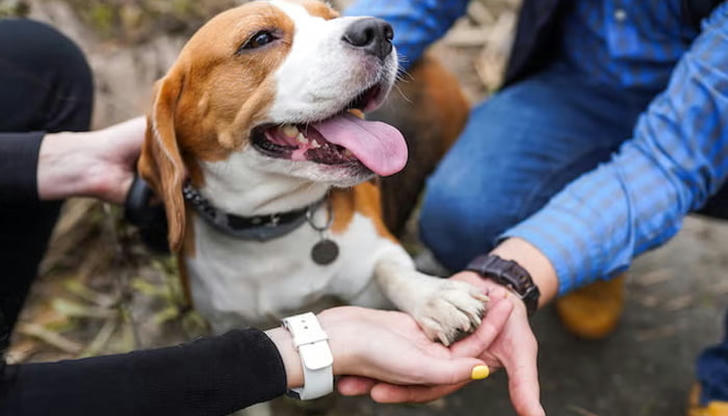
The beauty of the Smart Pet Era isn't in the devices --- it's in the understanding they create.
We're moving toward a world where "good pet care" isn't just about feeding and walking, but about emotional health, communication, and empathy.
AI isn't making us more robotic --- it's teaching us to listen.
So when your phone buzzes to tell you your dog's heart rate has returned to normal after your walk together, take a moment to smile.
That's not just technology talking. That's love --- measured in data, powered by care, and shared between species that have always understood each other, even without words.
